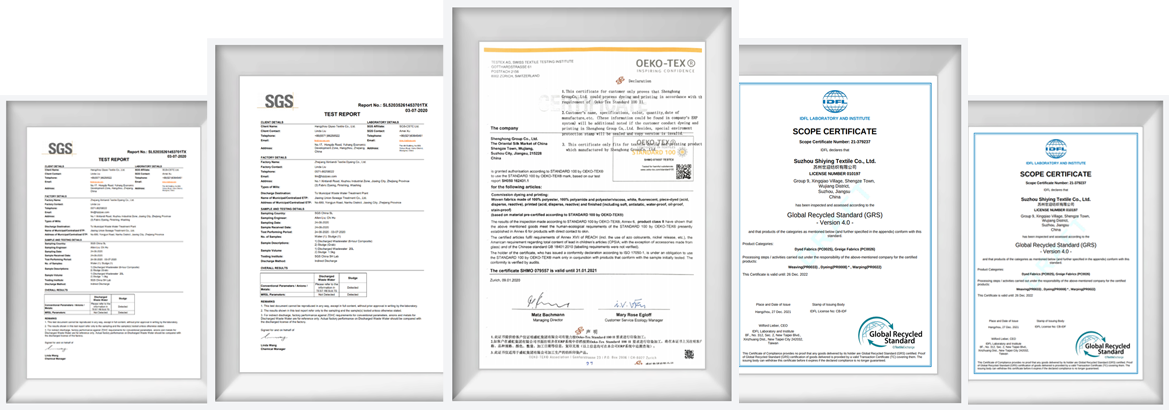Industry knowledge
How durable is TPU-coated fabric, and what kind of wear and tear can it withstand?
The durability of TPU-coated fabric is one of its key attributes, making it suitable for various demanding applications. TPU (Thermoplastic Polyurethane) coating enhances the fabric's resistance to wear and tear in several ways:
Abrasion Resistance:
TPU-coated curtain fabric is highly resistant to abrasion, making it suitable for products that endure friction and contact with rough surfaces. It is often used in outdoor gear like backpacks, tents, and hiking boots that may experience heavy wear.
Tear Resistance: TPU-coated fabric has good tear strength, which means it can withstand forces that might cause the material to tear. This is particularly important in applications where the fabric might be subject to punctures or sharp objects.
Flexibility: TPU coatings maintain their flexibility even in cold temperatures, reducing the risk of cracking or damage. This makes them suitable for cold-weather gear, such as snow jackets and gloves.
Water Resistance: TPU-coated fabrics are waterproof, and this resistance to moisture not only protects the fabric but also helps prevent damage from water-related wear and tear.
Chemical Resistance: TPU coatings provide some resistance to chemicals and oils, which can protect the fabric from damage in industrial or chemical exposure scenarios.
UV Resistance: TPU-coated fabrics can have UV-resistant properties, which protect against the damaging effects of prolonged sun exposure. This is important for outdoor textiles like awnings, boat covers, and outdoor furniture.
Longevity: TPU-coated fabrics have a longer lifespan compared to uncoated fabrics because the coating acts as a protective barrier, reducing degradation over time.
What are the differences between TPU coatings with different hardness levels, and how does this affect the fabric's performance?
The hardness level of TPU (Thermoplastic Polyurethane) coatings can significantly impact the performance of fabric when used as a coating material. TPU coatings are typically measured on the Shore A hardness scale, which quantifies their flexibility and hardness. Here are the key differences between TPU coatings with varying hardness levels and their effects on fabric performance:
Softer TPU (Lower Shore A Value):
Flexibility: Softer TPU coatings have a lower Shore A value, indicating greater flexibility. They are more pliable and can bend easily, making them suitable for applications where the fabric needs to maintain suppleness. For example, softer TPU coatings are used in stretchable fabrics, like sportswear and elastic materials, as they allow for greater freedom of movement.
Elasticity: Softer
TPU coatings curtain fabrics are often more elastic, allowing the fabric to stretch and recover better. This is crucial for applications such as swimwear, activewear, and apparel requiring a high degree of stretch.
Comfort: Soft TPU coatings are generally more comfortable against the skin, making them ideal for clothing and products that come into close contact with the body.
Seam Sealing: Softer TPU coatings are sometimes preferred for seam sealing in waterproof garments. They can provide a waterproof barrier while maintaining the fabric's flexibility.
Harder TPU (Higher Shore A Value):
Durability: Harder TPU coatings have a higher Shore A value, indicating greater rigidity. They are more durable and resistant to abrasion, making them suitable for applications where the fabric needs to withstand wear and tear. For instance, they are often used in outdoor gear, such as backpacks and hiking boots.
Protection: Harder TPU coatings offer better protection against punctures and sharp objects, enhancing the fabric's resistance to damage.
Structural Support: The rigidity of harder TPU coatings can provide structural support to the fabric, making them suitable for applications like inflatable structures, where maintaining shape is essential.
Industrial Applications: Harder TPU coatings are used in industrial applications, such as conveyor belts and hoses, where they need to endure harsh conditions.

 中文简体
中文简体



